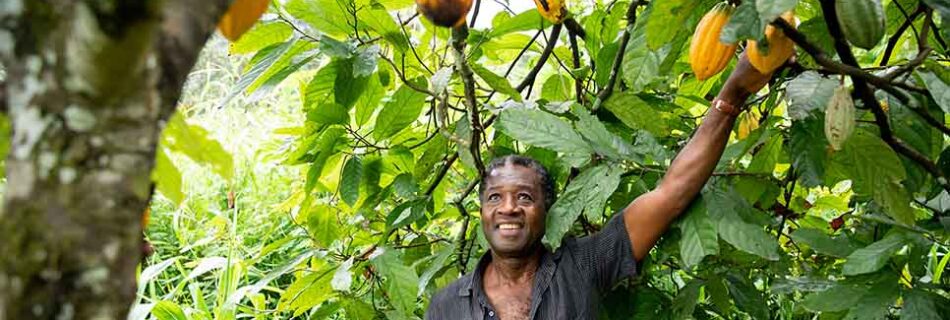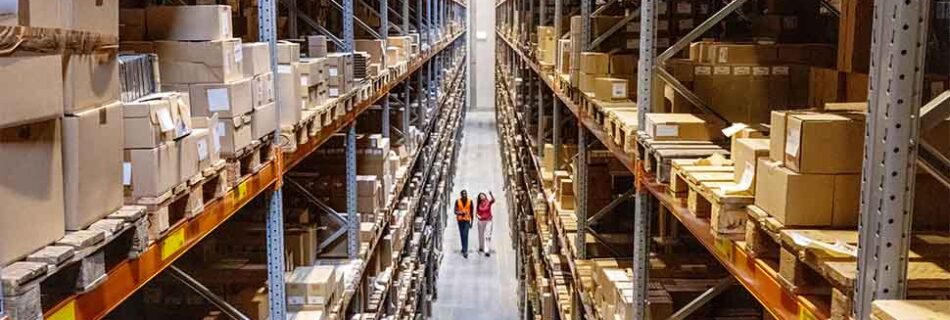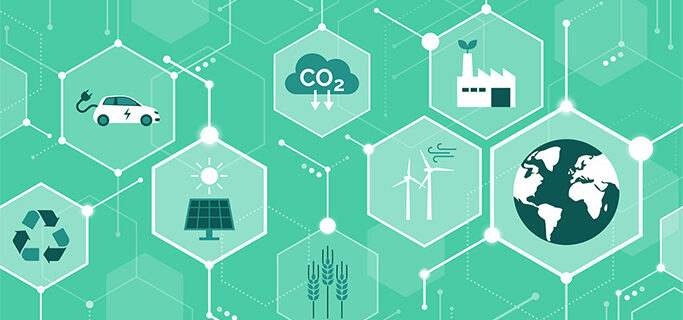The EUDR and TRST01Chain exemplify the synergy between regulation, technology, and adoption in advancing sustainability. The EUDR aims to combat deforestation, while TRST01Chain offers cutting-edge traceability solutions. Together, they foster global collaboration, enhance transparency, and drive impactful actions towards achieving net-zero goals and sustainable agricultural practices.
Read MorePost Tagged with: "Supply Chain"
Blockchain Revolutionising Provenance Global Supply Chains
Blockchain technology revolutionizes agricultural and mineral supply chains by enhancing transparency, ensuring safety, combating corruption, and promoting sustainability. Real-world examples like TRST01Chain, IBM Food Trust, and Everledger demonstrate its impact. By improving regulatory compliance, reducing costs, and supporting ethical practices, blockchain fosters responsible, efficient, and resilient supply chains, benefiting shareholders, communities, and the planet.
Read MoreSupply Chain Innovation TRST01Chain
TRST01Chain revolutionizes rubber and coffee supply chains by enhancing sustainability and ensuring EUDR compliance, providing transparency, traceability, and efficiency while promoting ethical practices and environmental responsibility.
Read MoreBlockchain for Sustainability
Blockchain technology offers significant benefits for sustainable development by improving supply chain transparency, enabling sustainable business models, and facilitating carbon credit trading. It enhances Life Cycle Assessments, ensuring every product’s environmental impact is tracked from cradle to grave. By providing immutable data, blockchain ensures ethical sourcing and safety, incentives sustainable actions through tokens, and democratises green energy management
Read MoreThe Kenko Eggs A Case Study
Kenko Eggs by OVO Farm, leveraging TRST01’s technology TRSt01Chain, has transformed egg production with unparalleled traceability and efficiency for over a million eggs daily. Their innovative use of QR codes allows every egg’s journey from farm to table to be verifiable, enhancing food safety and sustainability and building consumer trust. This approach sets new industry standards for transparency and operational efficiency, deepening consumer connections and redefining sustainability practices..
Read MoreNew Frontier : Carbon Broader Adjustment Mechanism (CBAM)
CBAM, the EU’s innovative carbon pricing mechanism, entered its transitional phase in Oct 2023. Targeting carbon-intensive imports like steel and aluminum, it aims to reduce carbon leakage and align global trade with climate goals. Key to its success will be balancing environmental objectives with fair trade practices.
Read MoreEUDR Compliance in Indian Trade
TRST01Chain is instrumental for Indian industries, particularly coffee, rubber, and leather, in adapting to the EU’s Deforestation Regulation. With India exporting 57% of its coffee, comprising 70% robusta and 30% arabica beans, worth over $600 million annually, and being the fifth-largest natural rubber producer, sending 25% of its exports ($800 million) to the EU, compliance is crucial. The EU also accounts for 30-40% of India’s leather exports, valued at $1.5 billion. TRST01Chain aids these industries in tracing deforestation-free sources within their complex supply chains.
Read MoreThe Rubber Story : Between Growth and Sustainability
Rubber Story explores the journey towards sustainable rubber production, with a focus on natural and synthetic rubber. Market segmentation includes automotive, tires, medical, industrial, consumer goods, and more. Currently, the automotive sector dominates rubber consumption, followed by tires. The Natural Rubber Market is projected to increase from USD 17.33 billion in 2023 to USD 21.80 billion by 2028, growing at a CAGR of 4.70% during the 2023-2028 forecast period
Read MoreCase Study GreenTatwa and Blockchain Traceability
Greentatwa Agri-Tech, an Agri based start-up, aims to invest in education and technology for farmers across the country to ensure high-quality, sustainable, and profitable business structures.
Read MoreCarbon Offsets Value Creation on Blockchain
The voluntary carbon offset market is expected to grow to $100 billion by 2030, up from $300 million in 2018 as firms commit to net-zero targets, but without the internal ability (or will) to reduce emissions directly within their supply chain race to purchase offsets.
Read More








